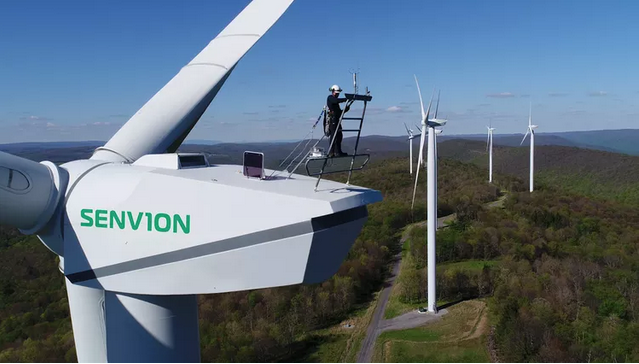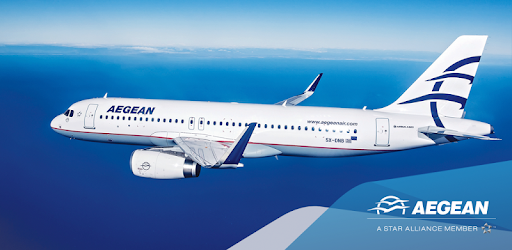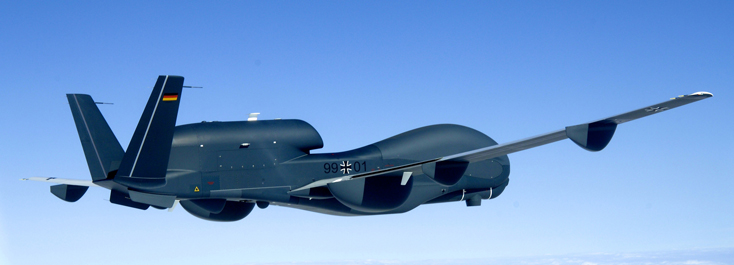FRANKFURT, April 9 (Reuters) – A German court on Tuesday approved an application for insolvency from wind turbine manufacturer Senvion, although the company said it was also continuing to look at new funding options and various potential investors had shown interest.
The Hamburg-based company, which has more than a billion euros of debt, said it had applied for preliminary self-administration proceedings because refinancing discussions with lenders had not yet been successful.
Shares in Senvion were down 40.5 percent at 1519 GMT, having fallen as much as 55 percent earlier in the day.
Senvion has faced delays and penalties related to big projects, while the wind industry as a whole has seen falling prices and increased competition as it moves away from governments guaranteeing generous fixed subsidised tariffs for power towards an auction-based system that favours the lowest bidders.
Market leaders Siemens Gamesa and Vestas have more pricing power, putting smaller suppliers under pressure.
Financial sources had told Reuters Senvion needed at least 100 million euros ($112 million) in the short term to keep operating.
“Lenders and major bond holders are currently continuing intensive discussions around a financing offer to secure the continuation of operations which may allow the company to successfully exit this process,” Senvion said in a statement.
Two financial sources said hedge funds Anchorage and Davidson Kempner were prepared to put up the 100 million euros in loans that CEO Yves Rannou – who took the helm in January – needs to continue restructuring and clear the backlog of orders that has recently cost the company revenues and profit.
The sources said majority shareholder Centerbridge was prepared to accept that but the banks – notably Deutsche Bank and BayernLB – would still need to agree. The banks have lent Senvion a total of 950 million euros.
BayernLB and Deutsche Bank declined to comment.
Senvion also has 400 million euros in bonds bought by hedge funds including Anchorage and Davidson Kempner.
Senvion said its management board would remain in office under the initiated procedure and business operations would carry on, with both existing service and maintenance contracts continuing.
The company said the preliminary self-administration proceedings affected Senvion GmbH and a subsidiary called Senvion Deutschland GmbH. It said Senvion S.A., Senvion Topco GmbH and Senvion Holding GmbH were expected to file for insolvency later this week.
Senvion’s website says it has around 4,000 employees globally.
(By Alexander Hübner and Michelle Martin, Additional reporting by Hans Seidenstuecker; Editing by Tom Sims and Mark Potter)


